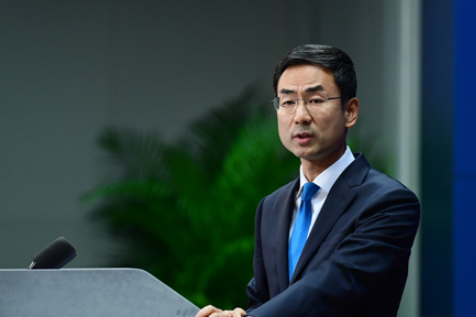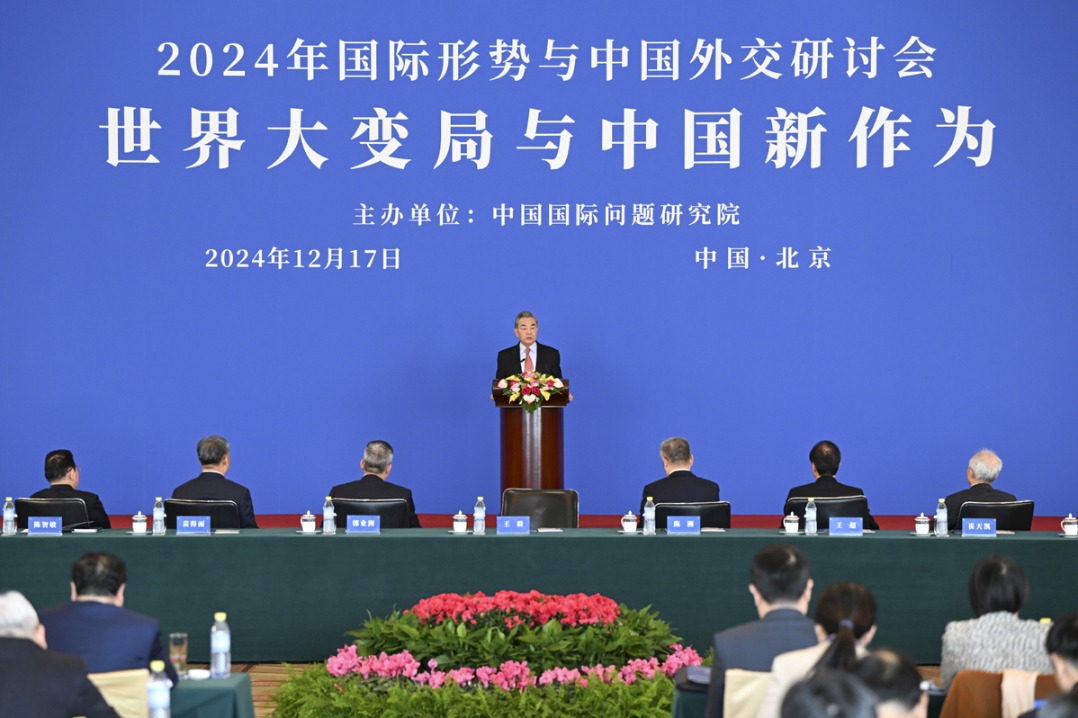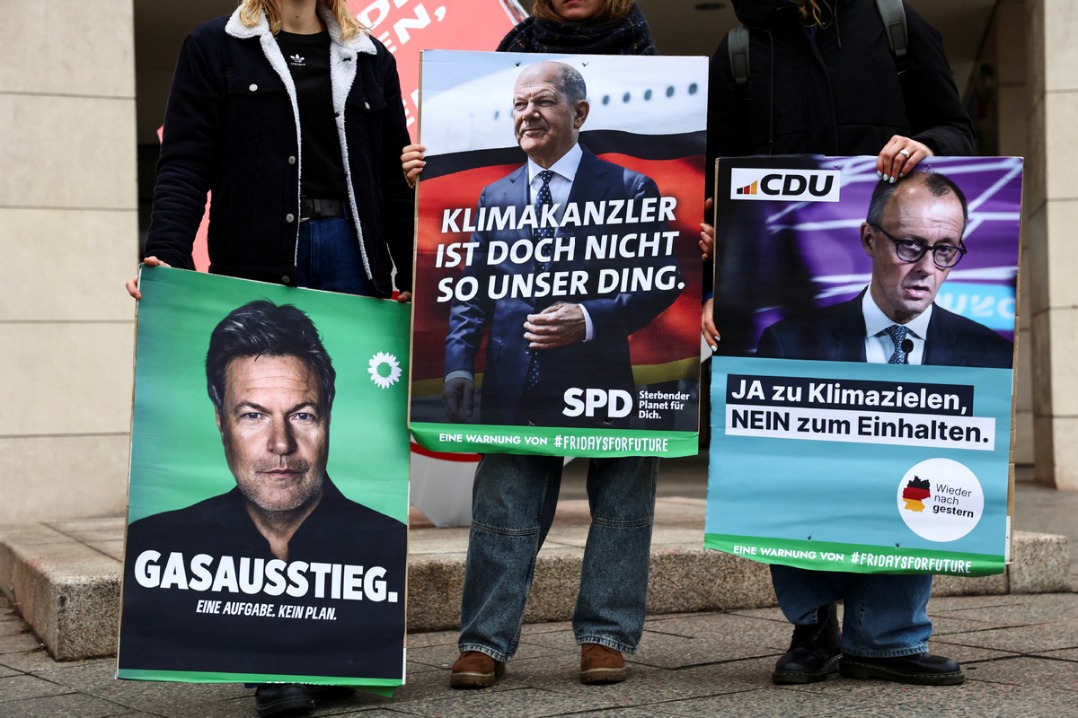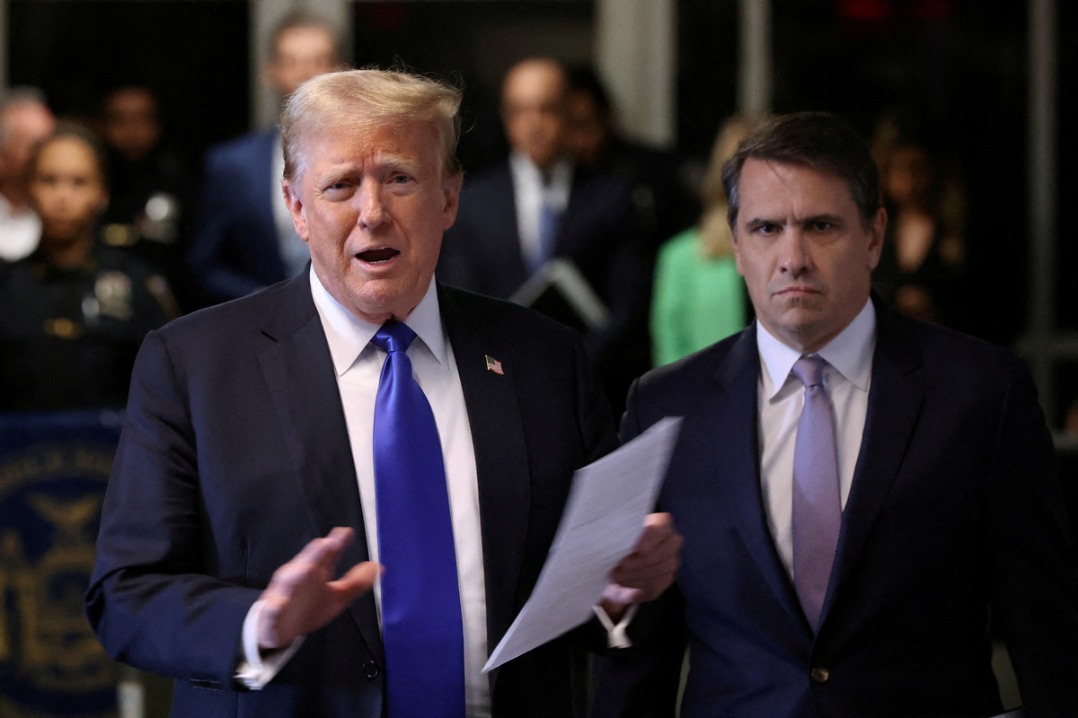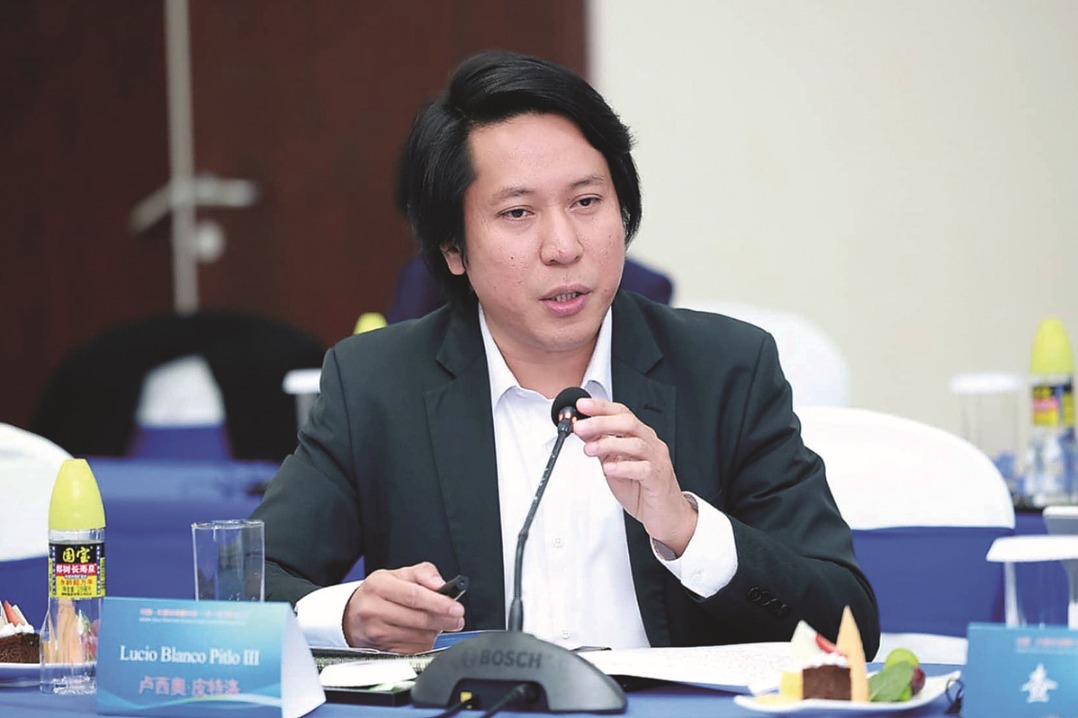Regional polls lead gives boost to Prabowo

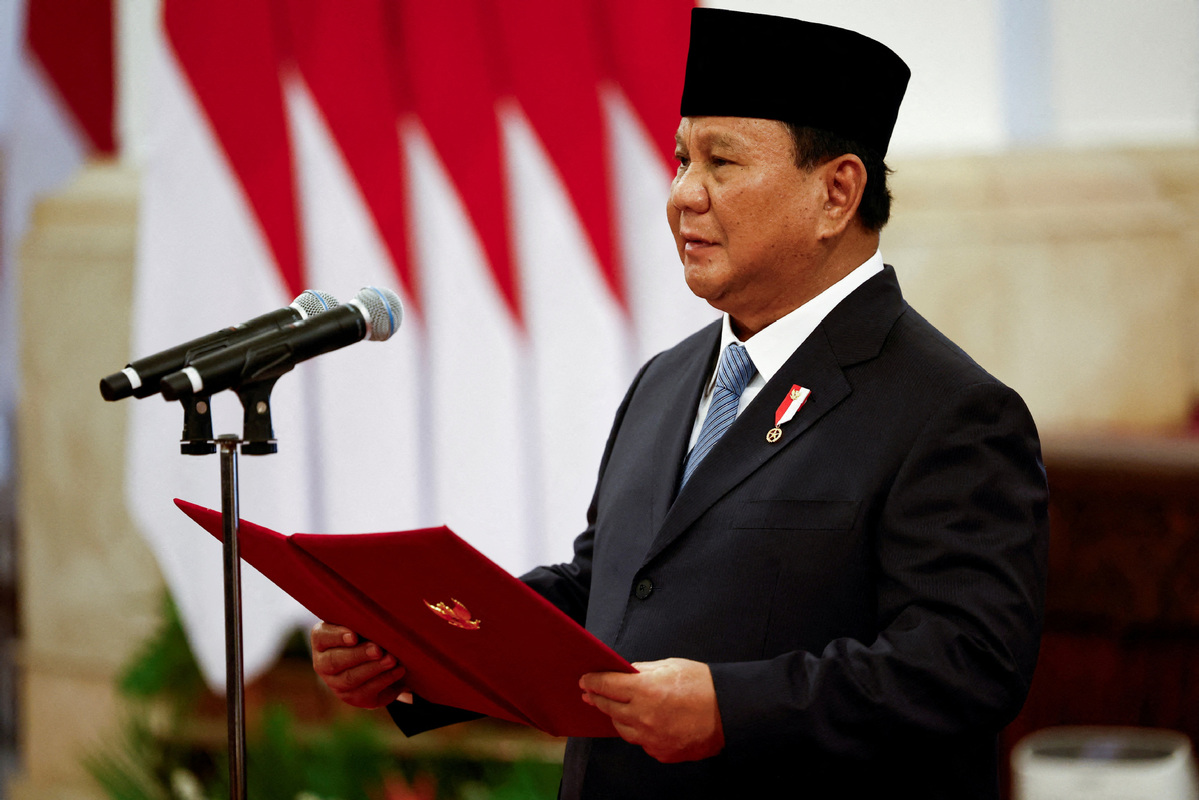
Indonesia's ruling coalition dominated the nation's first-ever simultaneous regional elections, with the newly elected local officials expected to contribute to President Prabowo Subianto's national development targets, analysts said.
The General Elections Commission of Indonesia, or KPU, has yet to announce the final tally of the Nov 27 polls. However, local reports show that more than 50 percent of the winning candidates ran under the banner of the ruling Advance Indonesia Coalition, or KIM Plus.
The administration-backed candidates include Dedi Mulyadi, a former member of the House of Representatives, who was elected governor of West Java; Khofifah Indar Parawansa, the incumbent East Java governor who has successfully defended her seat; and Ahmad Luthfi, former police chief and now governor-elect of Central Java.
The ruling coalition, however, lost in the closely watched race for governor of Indonesia's largest city and long-term capital of Jakarta. Pramono Anung, former cabinet secretary and member of the opposition Indonesian Democratic Party of Struggle, or PDI-P, triumphed in the Jakarta governorship contest. Indonesia is moving its capital to Nusantara.
The elected governors will be sworn in on Feb 7, 2025, while elected district heads and city mayors will take their oaths on Feb 10. All elected officials will serve a five-year term.
Lucius Karus, a senior researcher at the legislative watchdog Indonesian Parliament Watch, said Prabowo's victory in the February national elections had helped administration candidates in the regional polls. He said KIM Plus had more time to consolidate and prepare their candidates for the campaign period.
Ija Suntana, state administrative law professor at Sunan Gunung Djati State Islamic University Bandung in West Java, said voters would like to see newly elected officials deliver on their campaign promises. However, Suntana said "administrative and political problems" might hamper the implementation of these campaign proposals.
He said many voters had witnessed past administrators failing to address the basic needs of the local people such as jobs and social services. Suntana said the elected local officials would have to adjust their programs to fit central government policies.
A total of 18 parties participated in the elections, but most of the local candidates ran under one of the two dominant parties: the ruling KIM Plus and the PDI-P. The PDI-P, the country's largest political party, is led by former president Megawati Soekarnoputri.
The KPU is still waiting for the final tally from the provinces in the easternmost Papua region. Mochammad Afifuddin, the KPU's chairman, said the delay is due to technical problems and security issues.
Damianus Bilo, a deputy to the director of the State Defense Academy of the National Democrat Party, said Prabowo needs to focus more on elected district heads, not provincial governors, because the former are closer to the people and are more influential in implementing development programs.
Indonesia's regional autonomy laws mandate provincial governors to guide and supervise district heads. The laws also hold the district heads accountable to the district parliament, and not to governors. Local administrators can also adjust central government programs to suit the needs of the local community.
Leonardus Jegho is a freelance journalist for China Daily.
Prime Sarmiento in Hong Kong contributed to this story.
















